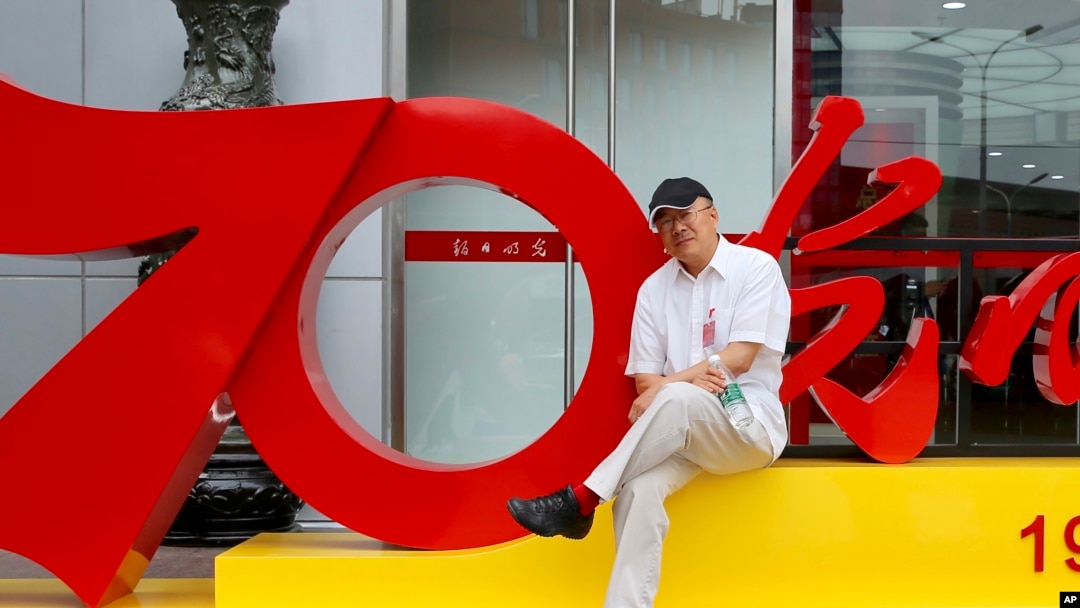Chinese Journalist Dong Yuyu Sentenced to Seven Years for Espionage
A notable figure in Chinese journalism, Dong Yuyu, has been handed a seven-year prison sentence for espionage by a court in Beijing, according to reports from his family. This decision underscores ongoing tensions between China and foreign nations, especially regarding the freedom of the press and expression within the country.
Background of the Case
Dong, who has served as a commentator and editor, was arrested by Chinese authorities in February 2022 during a meeting with Japanese diplomat Hideo Tarumi at a restaurant. Since that arrest, he has been held in police custody, with details about his case shrouded in secrecy.
Details of the Ruling
The verdict was revealed on Friday, when the court classified both Hideo Tarumi, the then-Japanese ambassador, and Masaru Okada, a senior Shanghai diplomat, as members of what the Chinese government alleges to be an espionage organization. This accusation raises critical questions about the nature of diplomacy and interaction with foreign representatives in China.
Career Highlights and Advocacy
Dong Yuyu was previously the deputy head of the editorial department at Guangming Daily, a state-owned newspaper in China. Additionally, he contributed to the Chinese edition of The New York Times, where his work often focused on themes of constitutional democracy and political reform—an agenda that has become increasingly at odds with the ruling Communist Party’s principles.
Throughout his career, Dong developed a network of professional relationships with foreign diplomats, scholars, and journalists. His association with diplomats such as Tarumi was deemed significant, as it appears to have played a central role in the espionage allegations against him.
Family’s Statement and Public Implications
In a recent statement, Dong’s family illuminated the broader implications of this verdict. They noted, “With Yuyu’s conviction, every Chinese citizen, when engaging with the Japanese embassy — or possibly any foreign embassy or diplomat — must now recognize that the Chinese government may label these embassies as ‘espionage organizations’.” This statement signals a chilling atmosphere for individuals wishing to engage with foreign entities.
The family expressed concern that such reasoning could alarm any Chinese citizen who values open dialogue and cooperation with foreign nations.
International Reaction
The sentencing has not gone unnoticed on the international stage. U.S. Ambassador to China Nicholas Burns condemned the court’s decision, asserting that it represents a grave injustice. Burns stated, “Punishing Dong for exercising his freedom of speech and the press, guaranteed by the PRC’s constitution for all its citizens, is unjust.” His remarks reflect a broader international concern regarding human rights and freedom of expression in China.
This incident is particularly poignant as it highlights the increasingly contentious relationship between the Chinese government and foreign entities. The implications of labeling diplomats as conduits for espionage can instigate a chilling effect on foreign relations and media freedom.
Conclusion
The case of Dong Yuyu symbolizes a critical juncture in journalism and citizen interactions within China amidst rising state control over information and discourse. As the world watches how this situation unfolds, it raises vital questions about the balance between national security and the fundamental rights of individuals. Dong’s conviction serves as a somber reminder of the perils faced by journalists advocating for reform and openness within a restrictive regime.
